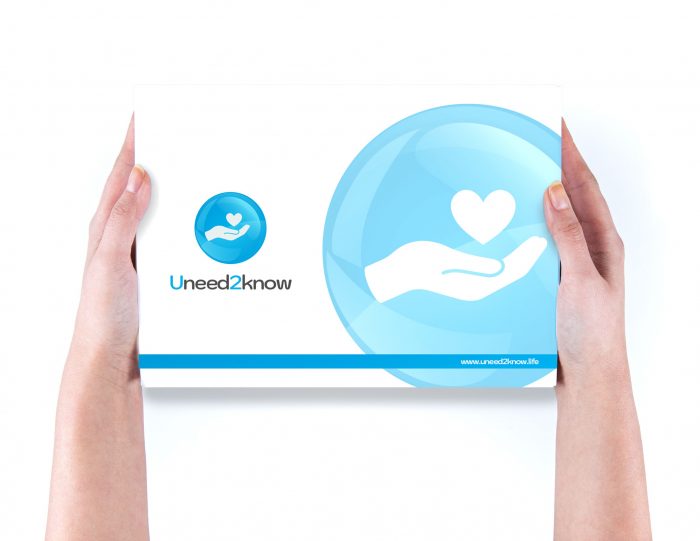About the home testing kit
The Basic 2 tests for the UK’s most common two infections.
Results in just 2-3 days
Discrete Packaging
Completely confidential
Tests for:
Chlamydia, Gonorrhoea
£89.00
Please complete the information below to place an order, please ensure that these details are for the patient that will be taking the test.

About STI's
About STI's
Chlamydia: One of the most common in the UK and most people do not know they have it. If you do get symptoms, the most common include pain when urinating, discharge from the vagina or penis, and pain and/or bleeding after sex. We can diagnose Chlamydia with a urine test and is easily treated with a course of antibiotics.
Gonorrhoea: This STI is caused by bacteria. Typical symptoms include pain when peeing and yellow discharge from the vagina. Almost half of infected women do not get any symptoms at all. This is usually treated with a single antibiotic injection.
Trichomoniasis: This STI is caused by a tiny parasite. Around 50% of people do not get any symptoms but this does not mean the infection cannot be passed on. The most common symptoms include pain when peeing, swelling or redness around the vagina, and discharge from the vagina. Trichomoniasis is treated with a course of antibiotics.
HIV: Caused by a virus which damages the cells in your body, making it harder to fight off diseases and infections. If it is not treated, HIV can lead to AIDS. Treatment, such as PrEP, can be used to stop symptoms but there is no cure at present. The virus may cause flu symptoms 2 to 6 weeks after it enters the body, but many people do not develop any symptoms, meaning they do not know they have it.
Syphilis: This STI is also caused by bacteria. The most common symptoms include white patches in the mouth, fever, tiredness, headaches and ulcers on the vagina. It can cause serious issues if left untreated but can be cured with antibiotics.
Gardnerella: This bacteria can cause bacterial vaginosis (BV) and is mainly found in women. It causes a change in bacteria balance in the vagina. Typical symptoms include white discharge and a fishy odour. BV is not an STI but you have more risk of catching it if you have sex. BV is treated with antibiotic tablets, creams, or gels.
Mycoplasma: This STI is caused by bacteria and is found in around 1 in 100 adults. The most common symptoms are a watery discharge from the vagina and pain when peeing. Mycoplasma can be hard to treat, so you must get a doctor to advise on the best antibiotics.
Ureaplasma: Caused by bacteria that leads to infection commonly found in the genital area. The most common symptoms include pain when peeing, burning, or discharge from the vagina.
Hepatitis B: These are STIs caused by a virus, which leads to liver infections. There is no cure for Hepatitis B and, but there are treatments to stop symptoms. The most common symptoms include fever, stomach pain, yellowing of the skin (jaundice), and nausea (feeling sick). People who have HIV are more likely to get Hepatitis B or C.
Herpes: Caused by a virus called herpes simplex virus (HSV) and is very contagious. HSV can also cause cold sores on the mouth area, which can also be transmitted to the genitals. The virus stays in the body and you may get outbreaks. While there is no cure, the symptoms of herpes can be managed with antiviral tablets to suppress or prevent outbreaks. The most common symptoms of an outbreak are tingling in the vagina, pain when peeing, and painful blisters around the vagina.
Collection Method
Collection Method
Urine sample
How to take the test
How to take the test
A simple and clear instruction document will be included in your test kit for you to follow.
When should I test?
When should I test?
You should get tested if your sexual partner or you have symptoms, or you have had unprotected sex and have past the incubation period for common STIs. It is recommended to get tested at least every 3 months but you can get tested as often as you like. If you are unsure when to take an STI test call Uneed2Know.
Receiving your order
Receiving your order
Shipment costs to you are covered within the cost of your test.
Orders placed before 14:00 Monday to Thursday will be despatched the same day for next working day delivery. Any orders placed out of this time please allow 2-3 working days for delivery.
If you are ordering after 14:00 on a Friday your test kit will be despatched Monday. Orders are not despatched during the weekend or Bank Holidays.
Deliveries to you during Bank Holidays
Unfortunately due to couriers not operating during the Bank Holiday there will be delays in sending test kits out to home/isolation addresses. No dispatches of self test kits will take place after 14:00pm on Friday. Dispatching of test kits will resume to normal on the returning Tuesday.
STI Fact Sheets
STI Fact Sheets
If you would like to learn more about STI’s, please visit the link below:
What is an incubation period?
What is an incubation period?
An incubation period is the length of time between when you are infected with an STI and when symptoms first appear. It is important to remember that some STI’s show no symptoms so its best to get tested by using the below timelines as a guide after exposure:
Chlamydia – 14 Days
Gardnerella – 14 Days
Gonorrhoea – 14 Days
Hepatitis B – 28 days
Herpes I & II – 28 days
HIV – 28 days
Mycoplasma – 14 Days
Syphilis – 9 days
Trichomoniasis – 14 Days
Ureaplasma – 14 Days


